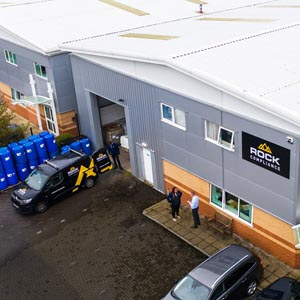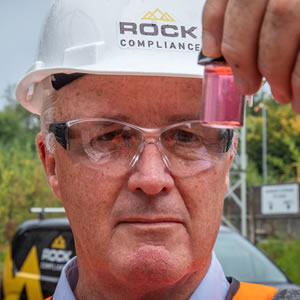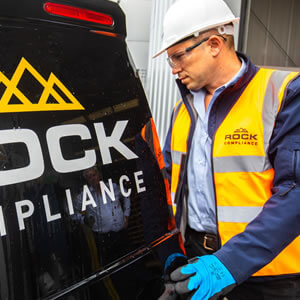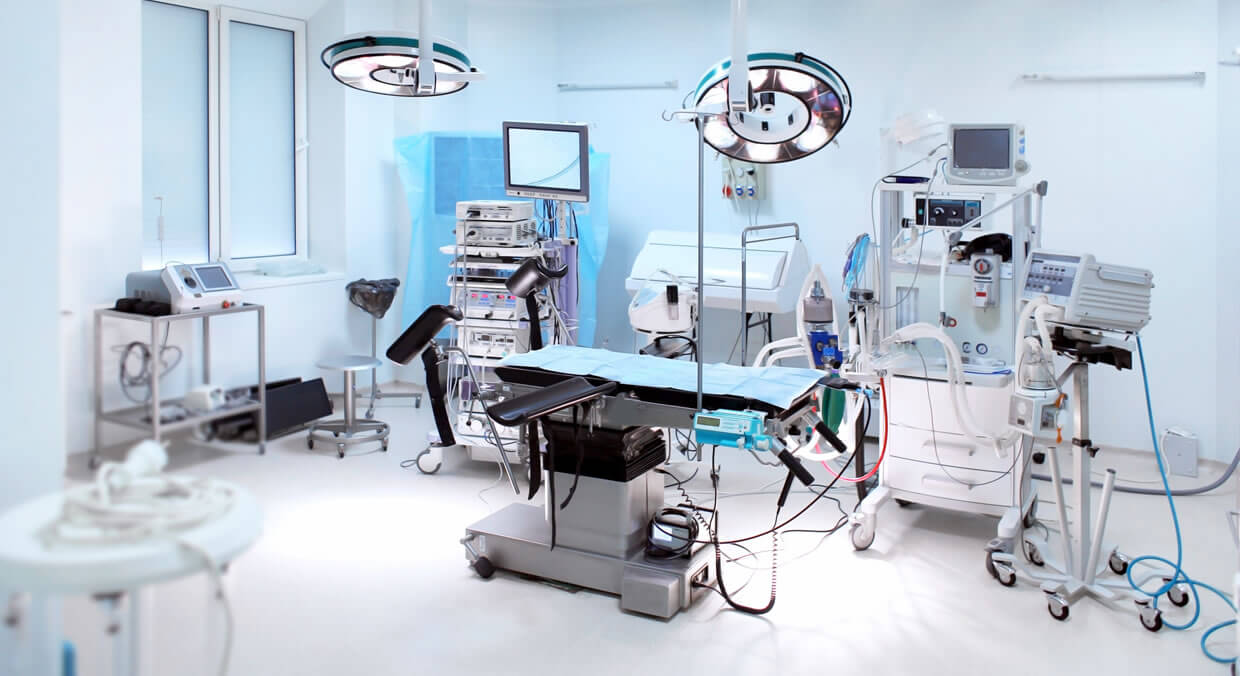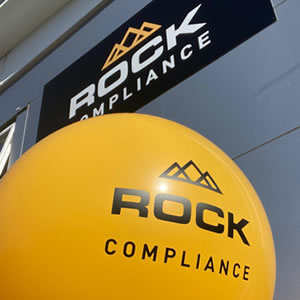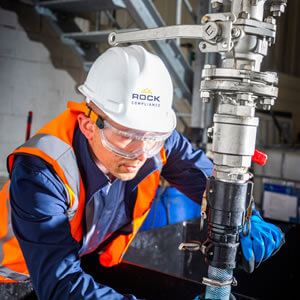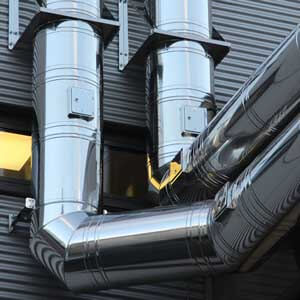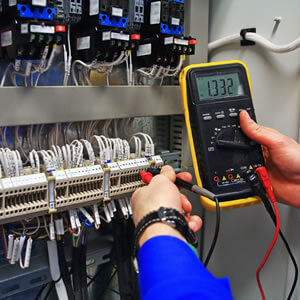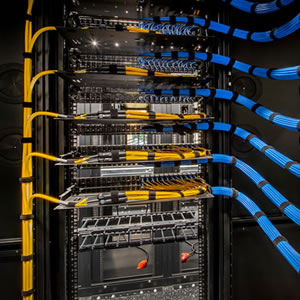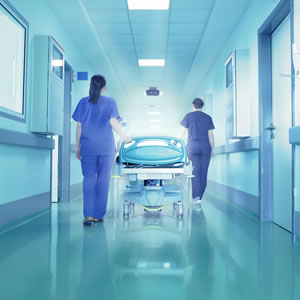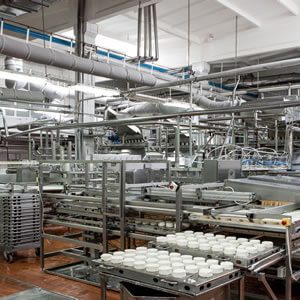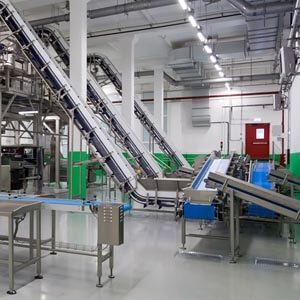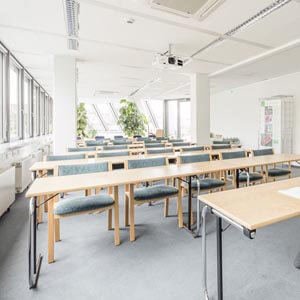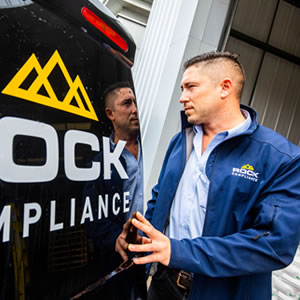Preventing surgical site infection (SSI)
SSI is the name given to a healthcare-associated infection (HCAI) that occurs when a surgical incision site becomes infected after a surgical procedure. Surgical sites can be exposed to airborne bacteria, either directly into the wound or indirectly by CFUs settling onto surgical/operative instruments which will then, on use, transfer this contamination to the surgical site.
In Quality Standard 61, NICE estimates that 300,000 patients a year in England acquire a healthcare-associated infection (HCAI) as a result of care within the NHS. HCAI places a massive clinical and financial burden on the NHS, and is estimated to cost the NHS in excess of £1 billion each year. It leads to longer hospital stays, costly remedial surgery that puts extra pressure on already busy theatre lists, increased use of antibiotics, and untold distress for the patient and their family.
Hospital operating theatre validation from Rock Compliance helps to ensure that the operating theatre is a clean or ultraclean environment, thus minimising the risk of SSI.
HTM 03-01 Specialised ventilation for healthcare buildings
Clearly, the highest standards of microbiological cleanliness are absolutely vital in the operating theatre to ensure the safest possible environment for patients and clinicians.
Team Rock carries out validation in line with the recently updated HTM 03-01which contains specific and comprehensive guidelines for operating theatre validation to ensure risks of contamination are minimised.
